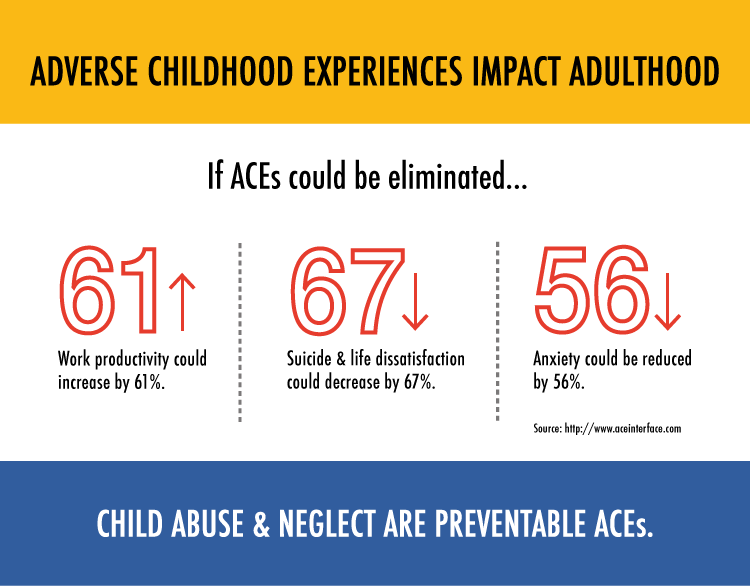 New therapy clients often wonder where I stand about anti-depressants. Will I be pushing them? Completely against them? Chances are, your own thoughts about anti-depressants put you in one of three categories:
New therapy clients often wonder where I stand about anti-depressants. Will I be pushing them? Completely against them? Chances are, your own thoughts about anti-depressants put you in one of three categories:
a. You see anti-depressants as similar to other meds that you might take for medical conditions like high blood pressure, migraines, or a bad cold. If this is you: You may have friends and family who have been open about struggling with depression, panic attacks, and anxiety. You may know people who’ve benefited from meds.
b. You want to avoid anti-depressants at all costs. If this is you: You believe you should be able to handle how you’re feeling without drugs; you may think it will mean something negative about you if you decide to try meds for awhile. You may also have known someone who’s had a negative experience on an anti-depressant (or perhaps you have had a negative experience in the past). You may worry that you’d be on a med for life, and you definitely don’t want that.
c. You’re wary, but open to anti-depressants if needed. “If needed” may mean that things would need to get unbearable for you to consider meds. If this is you: You may know people who’ve gotten some use out of meds, but others who may not have. You may have had some bad experiences of your own. You may have lots of mixed feelings and see the possible benefits but may have significant concern about possible side effects.
So where do I stand when it comes to anti-depressants and their psychopharmacology siblings? I’m pretty cautious about meds, but I don’t think they’re evil. I see medications as a tool that should be used thoughtfully and under close supervision. Here are some facts for you to know:
- Every person is different. Most people can benefit from counseling, and, sometimes, medications can help people get more out of counseling and make progress more quickly (especially in the case of severe depression).
- I always, always want to rule out a medical condition that may be causing anxiety or depression. Funkiness with the thyroid can often lead to depression and anxiety symptoms. I often ask that new clients go have a physical to rule out medical conditions as a cause for low or anxious moods.
- If you’re struggling with basic daily tasks like going to work or school — and counseling hasn’t helped you with these tasks after a chunk of time, then a medication consult may be appropriate.
- There are lots of alternatives to medications. Exercise, meditation, social time, meaningful activities, consistently getting good sleep, the much-derided self care, and some supplements can often be as helpful as medication.
- Most people who take medications for anxiety and depression don’t stay on them forever. You always, always get to decide whether to stay on a med or not. (That said, going off cold-turkey is never a good idea!)
- I always want any client trying a new medication to have a good psychiatrist or physician and to be in close contact during the first weeks of taking it. Most people do quite well on meds but we never want to take that for granted.
I’m always happy to talk with you about therapy and medication. Feel free to call or email if you want help figuring out what’s going to be most supportive for you at this time.
Warmly,
Dana









